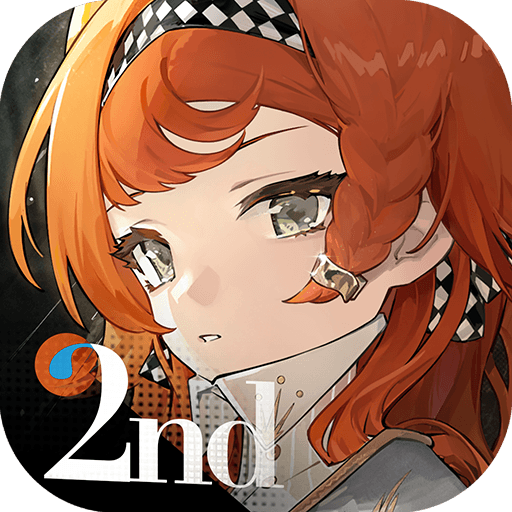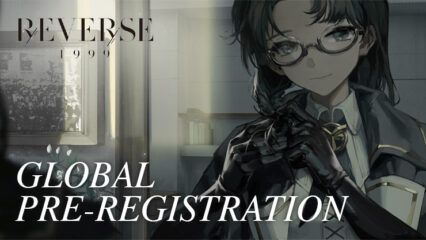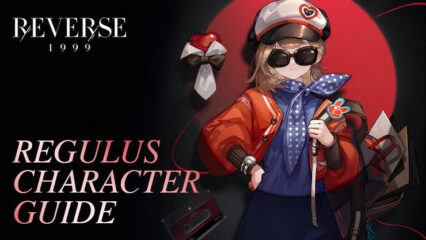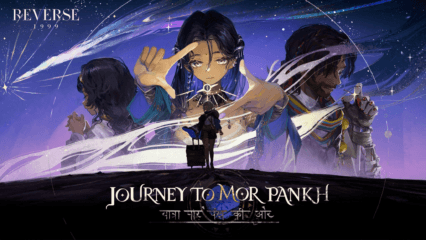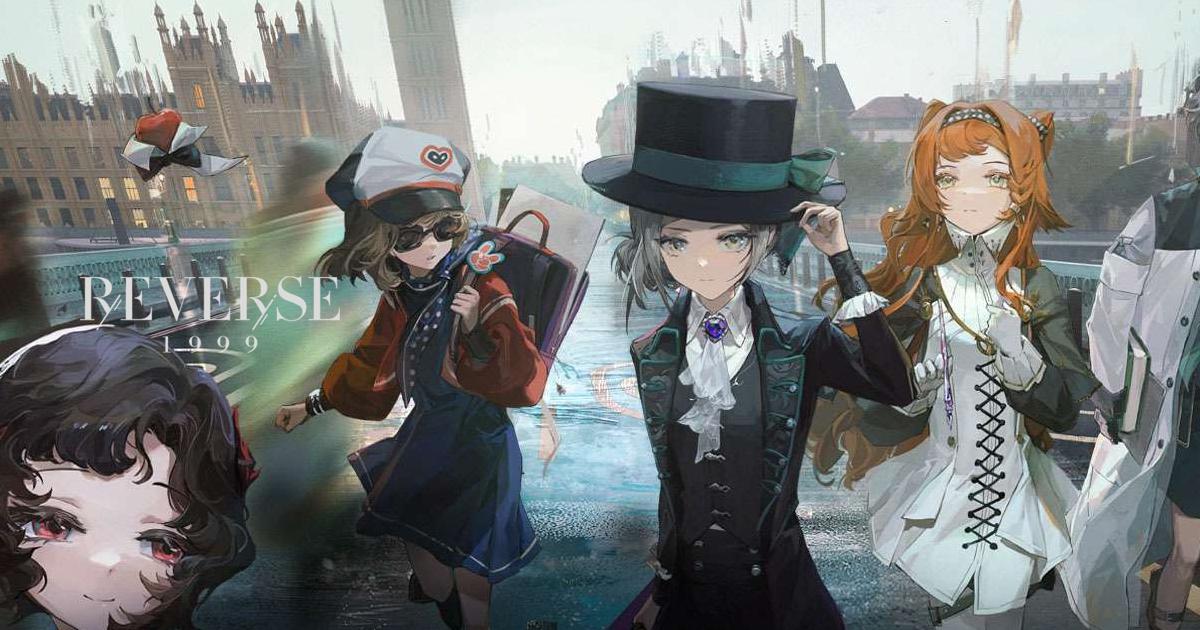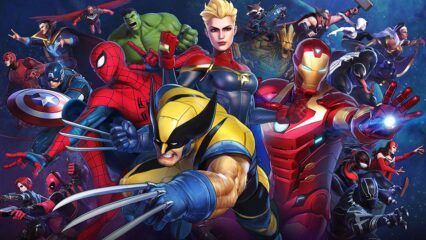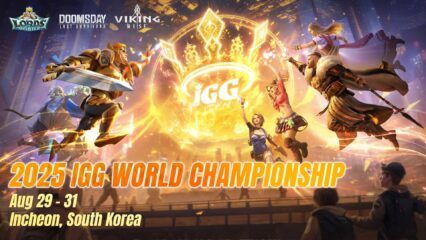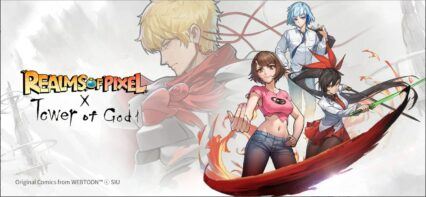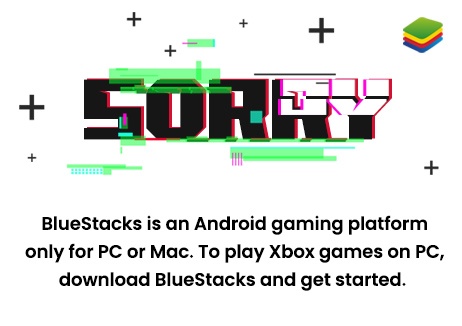A Complete Guide to Building your Characters in Reverse 1999
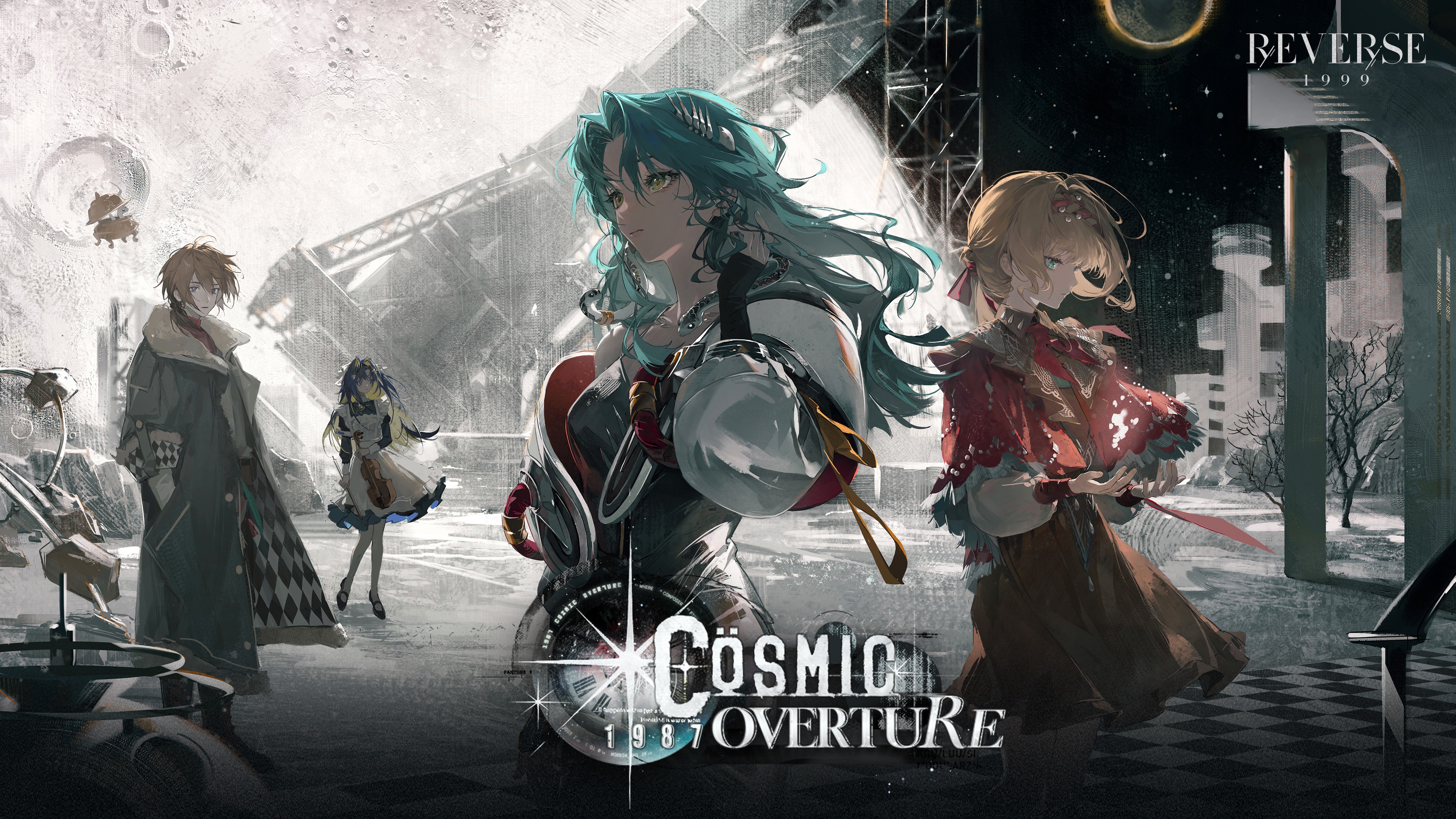
In Reverse: 1999, upgrading your characters is essential to progressing in both story content and challenging endgame stages. While having high-rarity characters like Regulus or Eternity can give you an edge, they’ll only reach their full potential when properly leveled, promoted, and geared. Understanding how each upgrade system works, and where to focus your resources, is key to building an efficient, powerful roster. This guide breaks down all the essential processes that you need to keep in mind while building your dream roster!
Leveling Your Characters – The First Step to Power
The most basic yet essential way to strengthen your units is through leveling. Every character starts at Level 1 and can be raised by feeding them EXP items called Sharpodonty (available in I, II, and III variants). These are obtained through battles, daily stages, and events. As characters level up, their base stats such as HP, Attack, and Defense improve significantly, allowing them to survive longer and hit harder.

To level efficiently, focus on just a few characters. Typically, your main team should consist of three to five units. Spreading resources across your entire roster too early can leave your core units underpowered. Also, remember that your characters’ level caps are determined by their Insight level, meaning you’ll need to invest in Insight to go beyond key thresholds like Level 30 or 40.
All about Insights
Insight is one of the most important growth systems in Reverse: 1999. This process increases a character’s level cap and unlocks powerful passive abilities. There are three stages of Insight—Insight I, II, and III—each requiring progressively more materials, including Spirit Residues (elemental materials), Memory Tokens, Cogs (the in-game currency), and rare drops from Stormy Memories and Trial stages.

Each Insight stage not only unlocks a new passive but also significantly boosts character stats. For example, Insight I usually raises the level cap to 40 and unlocks the first passive ability, which could provide buffs, healing, or conditional stat boosts. By the time you reach Insight III, your character will have all their passives unlocked and be ready for late-game challenges. Prioritize Insight for your most used damage dealers and supporters, as they benefit the most from early passive unlocks.
Upgrading Character Skills
Beyond leveling and Insight, upgrading a character’s skills can have a massive impact on their effectiveness in battle. Each unit has three active skills: two regular abilities and one ultimate. These can be leveled up using skill books that correspond to their Afflatus (element) type, along with Cogs and special enhancement materials.

Skill upgrades enhance damage output, healing power, status effects, and sometimes add new effects altogether. For DPS units, your focus should be on their highest-damage ability and their ultimate. For supports or healers, prioritize skills that buff allies or restore health. Be selective when investing resources, especially early on, since skill materials can be scarce and expensive to farm.
Breakthrough
Breakthrough is a star-level growth mechanism that boosts a character’s rarity. Every time you complete a Breakthrough, you increase the unit’s star count, which enhances base stats and occasionally augments abilities. The drawback is that Breakthroughs necessitate duplicates of the same character—or Breakthrough Materials, such as Chroma Drops for universal enhancements.

This strategy is easier to employ on lower-rarity characters, notably 4-star and 5-star units, which are more likely to be pulled several times. Obtaining duplicates or uncommon universal material is necessary for pursuing 6-star units.
Psychubes
Psychubes are unique equippable things that function similarly to relics or artifacts in other role-playing games. They offer passive benefits such as improved ATK, DEF, Crit Rate, healing enhancements, and other advantages. High-rarity Psychubes, particularly 4-star and 5-star, have distinct effects that activate when used by specific role types (e.g., DPS, Healer).
Each character can only use one Psychube at a time. Psychubes can be upgraded by consuming other cubes or applying certain enhancement ingredients. The appropriate Psychube can make a significant difference. Regulus, for example, performs significantly better when equipped with His Bounden Duty, which increases her critical damage output.
Resonance
Resonance is an endgame character development system that resembles a talent tree. It allows you to unlock small passive stat bonuses and sometimes skill effect modifications using Resonance Materials. This system is only available after certain character progression milestones are met.
Players can enjoy playing Reverse: 1999 on a bigger screen of their PC or Laptop via BlueStacks along with your keyboard and mouse.
Keep progressing in Reverse: 1999 with our other in-depth guides.

